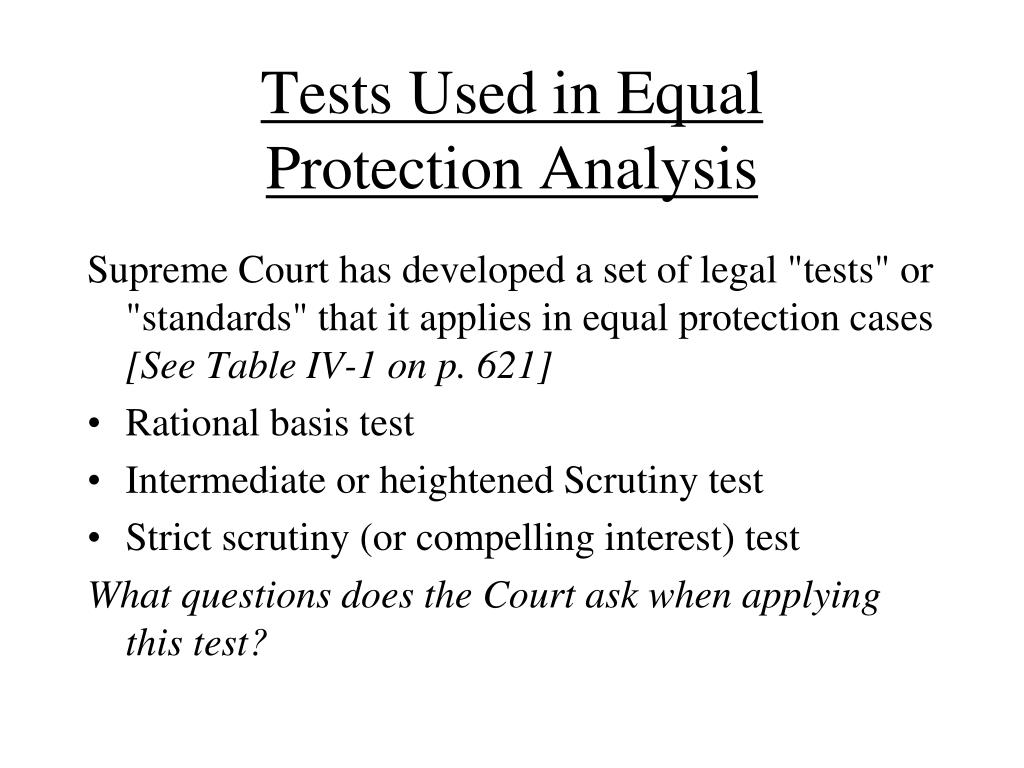
Second, this paper analyzes the way the MH17 Prosecutor defined the notion of ‘combatant’s privilege’ under international humanitarian law and his arguments for rejecting a combatant status for the separatist armed forces that shot down flight MH17 over Eastern Ukraine.

It is argued that, contrary to what the Prosecution has submitted, jurisdiction over the killing of the 93 non-Dutch nationals on board of flight MH17 can only be established on the basis of the less known title of delegated (representative) jurisdiction: a conclusion that also brings certain legal requirements. First, the jurisdictional basis on which the District Court of The Hague is trying MH17, and its effect on the applicable laws, is examined. Two legal questions arising from the prosecutorial strategy to charge the four accused with ‘ordinary’ crimes under the Dutch Criminal Code-instead of with war crimes-are studied here.
#Equal standards trial#
This article focuses on the MH17 Trial that is currently underway in the Netherlands, dealing with the shooting down of a civilian aircraft over Eastern Ukraine and the resulting deaths of all 298 persons on board. However, as a general rule, states have less freedom of interpretation in respect of the elements of crimes than in the application of concepts of responsibility and defences. Current international law does not explicitly compel states to copy the international standards at most one might argue that the codification of international criminal law and the principle of complementarity encourage harmonization.Capitalizing on the concept of 'open texture of law' and the methodology of casuistry, the present author argues that a certain measure of diversity in the interpretation and application of international standards is inevitable and even desirable.


The article starts with a survey of the actual performance of national jurisdictions. Whereas these standards serve the International Criminal Court as normative framework, the principle of complementarity implies that domestic jurisdictions are to take the lead in the adjudication of international crimes.This article addresses the question whether domestic legislators and courts are bound to meticulously apply the international standards, or whether they are left some leeway to apply their own (criminal) law. The Rome Statute contains a body of legal standards on elements of the offences, concepts of criminal responsibility and defences of unprecedented detail.


 0 kommentar(er)
0 kommentar(er)
